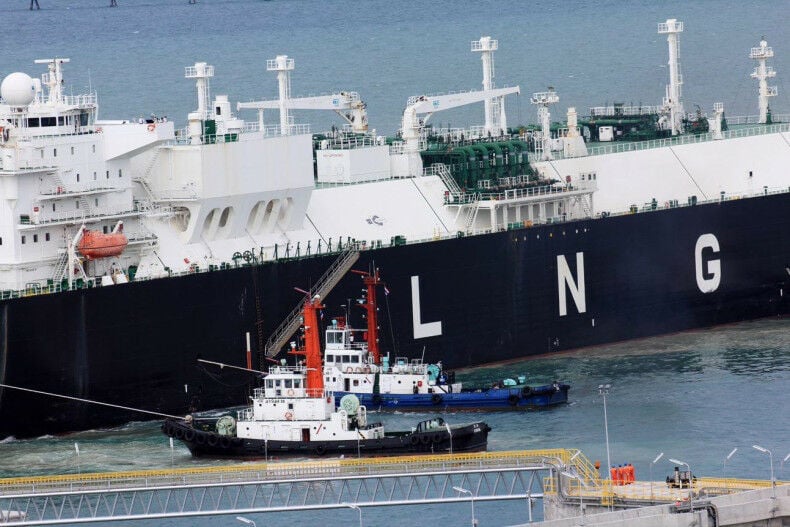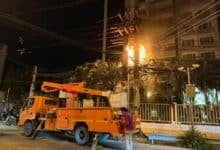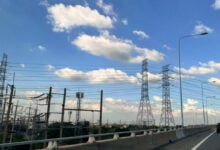LNG prices stable in 2025, easing Thailand’s power tariff adjustments

Liquefied natural gas (LNG) prices are projected to remain stable in early 2025, alleviating some of the pressure on Thai officials as they prepare to calculate a new power tariff for electricity bills from January to April next year.
According to the Electricity Generating Authority of Thailand (EGAT), this stability in LNG pricing will influence the upcoming adjustment of the tariff rate, which the Energy Regulatory Commission (ERC) revises every four months. The current rate of 4.18 baht (US$0.12) per kilowatt-hour will remain effective until December 31.
EGAT chief Thepparat Theppitak commented on the situation, stating that LNG prices in early 2025 are expected to align closely with the current market rate of US$13 to 14 per million British thermal units (BTU) in the LNG spot market.
“We estimate LNG prices in early 2025 should not be different from US$13 to 14 per million British thermal units [BTU] in the LNG spot market at present.”
The price of LNG is a crucial factor in determining electricity prices, and EGAT is actively monitoring this metric. A portion of the power bill is allocated to reimburse EGAT, which has been under significant financial strain after spending billions of baht to subsidise domestic electricity prices during a period of high LNG prices.
This subsidy was especially critical when LNG prices surged to US$80 per million BTU in 2022, following geopolitical tensions like the Russian invasion of Ukraine.
The financial burden on EGAT has been substantial, with reported losses amounting to 80 billion baht (US$2.35 billion). Of this, up to 70 billion baht (US$2 billion) is owed to creditors, according to Thepparat.
LNG prices
Poonpat Leesombatpiboon, secretary-general of the ERC, noted that a decrease in LNG prices is anticipated, as global demand for the gas typically wanes at the start of the year. Domestic sources and LNG imports comprise 60% of Thailand’s power generation fuel mix.
“LNG prices are likely to fall as seasonal global demand for the gas tends to decrease at the beginning of a year.”
Thepparat also emphasised the potential of renewable energy to reduce Thailand’s reliance on LNG. However, he acknowledged that wind and solar power cannot provide electricity continuously due to their dependence on weather conditions, leading to an intermittent power supply, reported Bangkok Post.
While batteries can store renewable power for future use, Thepparat warned that this could increase electricity costs. This consideration has prompted EGAT to explore the feasibility of small modular reactors (SMRs), a form of nuclear power technology.
SMRs offer a competitive cost of power generation without emitting carbon dioxide, presenting a potentially viable alternative for Thailand’s energy strategy.
Latest Thailand News
Follow The Thaiger on Google News:


























